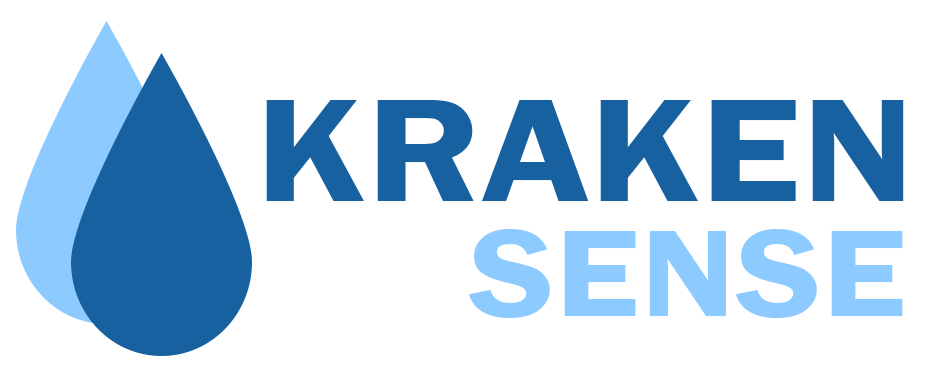Nurturing Minds, Sustaining Futures: International Day of Education
The International Day of Education is celebrated annually on January 24th to recognize the pivotal role education plays in shaping a sustainable future. Proclaimed by the United Nations General Assembly, today serves as a reminder that education is a fundamental human right and to highlight the importance of inclusive and equitable quality education for all. It emphasizes the need to ensure that all people, regardless of their background or circumstances, have access to quality education throughout their lives.
Importance of Clean Water for Education
Clean water is a fundamental human right, essential for life, health, and well-being. However, its significance extends beyond these basic necessities; it is a linchpin for quality education. Children who lack access to clean water face numerous challenges that hinder their ability to learn. Waterborne diseases, prevalent in areas with contaminated water sources, can lead to frequent illnesses, absenteeism, and a compromised ability to concentrate in school.
Children who have access to clean water are less likely to suffer from illnesses such as diarrhea, cholera, and parasitic infections. When children are healthy, they are more likely to attend school regularly and concentrate on their studies. Additionally, clean water is not only needed for drinking but also for maintaining proper sanitation facilities. Schools with access to clean water can provide adequate sanitation facilities, including clean and functional toilets. Proper sanitation is crucial for maintaining a healthy and conducive learning environment.
Furthermore, the burden of fetching water often falls disproportionately on the shoulders of young girls, taking away time that could be spent on education. Access to clean water at or near schools reduces the time and effort children need to spend on water collection, leaving them more time and energy to attend classes, complete homework, and engage in other educational activities. Access to clean water also helps promote gender equality by reducing the burden on girls and ensuring equal opportunities for education.
The Role of Real-Time Water Monitoring
Real-time water monitoring plays a crucial role in addressing water-related challenges and ensuring the availability of clean water. Traditional methods of water quality assessment are often time-consuming, costly, and may not provide timely information. Real-time monitoring technologies, on the other hand, offer a dynamic and proactive approach to water quality management.
Real-time water monitoring involves the use of sensors and technology to continuously assess water quality parameters such as pH, turbidity, and microbial content. This allows for the rapid detection of contamination events, leaks, and other issues in water distribution systems to prevent the spread of waterborne diseases and minimize water wastage. This is particularly important in regions facing water scarcity, where every drop counts. Furthermore, identifying issues in water infrastructure before they escalate can significantly reduce maintenance costs. Real-time monitoring helps identify and address potential problems early on and extend the lifespan of water infrastructure.
Empowering Communities for Sustainable Development
In addition to benefiting educational institutions, real-time water monitoring plays a pivotal role in empowering communities at large. By implementing these technologies in water supply systems, communities can actively participate in the safeguarding of their water resources. Local authorities, educational institutions, and community members can work collaboratively to monitor, analyze, and respond to water quality issues in real time.
Conclusion
As we celebrate the International Day of Education, let us not forget the integral role that clean water plays in shaping a sustainable and prosperous future. By embracing innovative technologies for real-time water monitoring, we pave the way for a healthier, more educated, and empowered global community. As we invest in education, let us also invest in the essential foundation that supports it – clean water for all.

